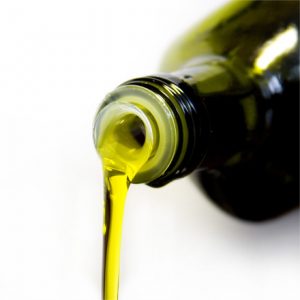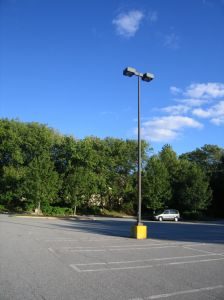In Florida slip-and-fall cases, the negligent mode of operation rule was developed initially through common law, later codified in F.S. 768.0710(2), which described the “mode of operation” as a possible cause of action a property owner could face in negligence actions that involved slips and trips on transitory foreign substances on the floor. As the Florida Supreme Court ruled in the 2002 case of Markowitz v. Helen Homes of Kendall Corp., the negligent mode of operation theory centers on the mode of operation used by the property owner, which resulted in the creation of an unsafe condition.
However, that provision was later repealed in 2010 and replaced with F.S. 768.0755, which omitted the “mode of operation” language completely, which defendants have argued means that state courts don’t recognize it anymore. Specifically, they’ll cite the 2015 ruling in Woodman v. Bravo Brio Restaurant Group, decided by the U.S. District Court of for the Middle District of Florida, which granted a defense motion to strike a claim citing negligent mode of operation on the grounds it could not longer serve as a basis for proving premises liability. Still, the state supreme court hasn’t ruled on it as of yet, and plaintiffs continue to assert it as a cause of action in injury complaints, although there is generally no getting around F.S. 768.0755 and the requirement to prove defendant had actual or constructive knowledge of the alleged dangerous condition.
Other state courts continue to wrestle with this issue too. Recently in Rhode Island, the state high court weighed a case that involved a woman who slipped on oil and cucumber near a self-serve salad bar section in a grocery store, causing her to suffer serious personal injury. Continue reading
 The accident occurred in December 2015. This being South Florida, there was no ice or snow on the ground. In her personal injury complaint, plaintiff alleged she was had left her apartment to go the building mailroom to check to see if she had any mail waiting in her box. Continue reading
The accident occurred in December 2015. This being South Florida, there was no ice or snow on the ground. In her personal injury complaint, plaintiff alleged she was had left her apartment to go the building mailroom to check to see if she had any mail waiting in her box. Continue reading Broward Injury Lawyer Blog
Broward Injury Lawyer Blog




